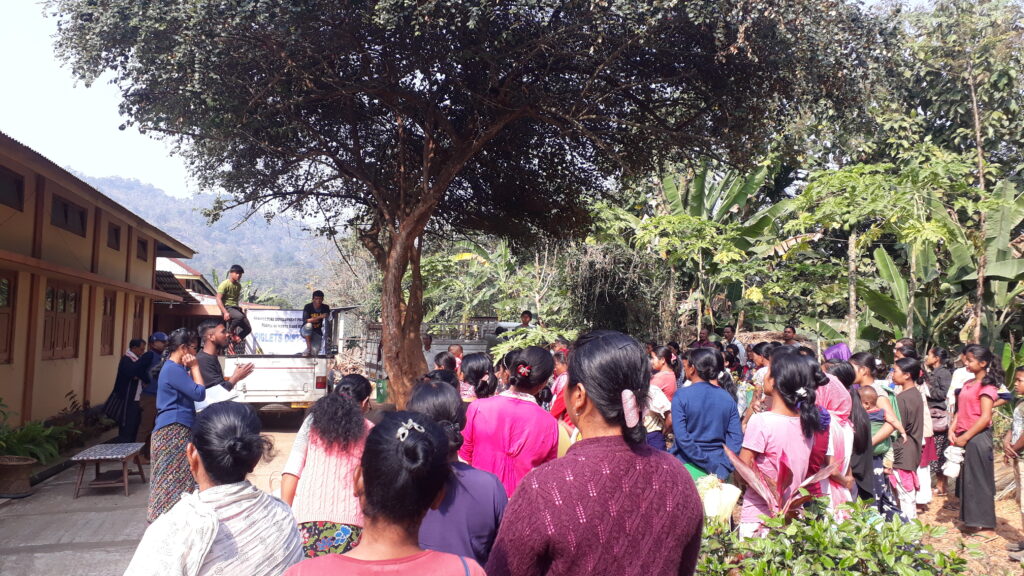
ITDP – Chirang, Dibrugarah, Goalpara and West Kameng
The Integrated Tribal Development Programmeis implemented five blocks (Kusdhowa,Barbaruah, Khowang, Sidli and Thrizino), four districts (Goalpara, Dibrugarh andChirangin Assam and West Kameng in Arunachal Pradesh).The objective of the project is to spread the message of ‘Wadi’ (small orchard) model of tribal development. The ‘Wadi’approach aims at optimum utilization of own resources and asset creation for the tribal families.
BRO had completed implementing five ITDPs- BRISOH in Ri-Bhoi District of Meghalaya, BITEGRIM in West Garo Hills District of Meghalaya, PERSOH in West Khasi Hills District of Meghalaya, THESERE APAIBARI in KarbiAnglong District of Assam, and BOLGRIM in Goalpara District of Assamand was benefitted by more than 2400 wadi beneficiaries. They have improved their living standard through cultivation in one acre of land each with crops that are favourable growth in the particular regions. Intercropping and kitchen gardening are being practiced with the main crops. Women empowerment is one of the key units of the project component.







